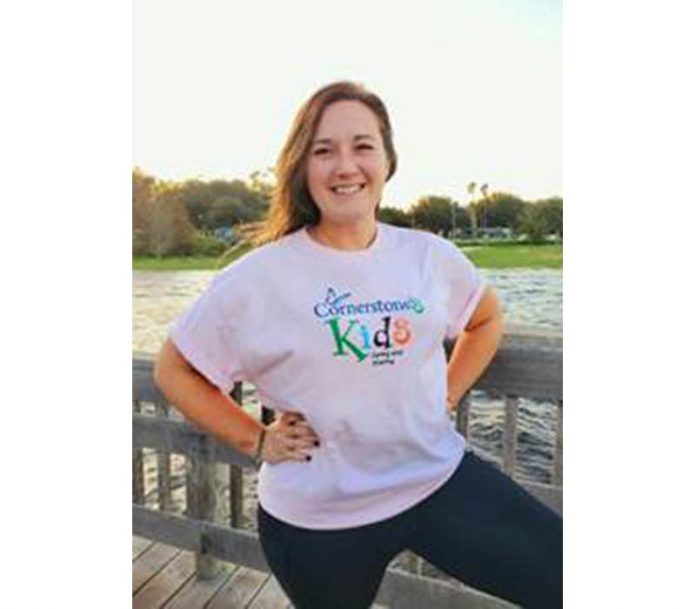How can adults help children who have lost a loved one?
When someone loses a loved one, the person can experience a variety of intense feelings. The emotions can be consuming and even overwhelming to the point it affects everyday life.
Through life experience, an adult may recognize that the range of feelings are due to grief. But for a child, the loss of a loved one may be confusing and overwhelming.
Children grieve differently from adults; they are much more sensitive to the energy that encompasses their environment. In fact, kids can be highly perceptive, often knowing a lot more about the death than adults think they do.
“Parents and caregivers often ask me, ‘what’s the best way to talk to my child about death?’” said Kristen Nardolillo, LCSW, Cornerstone Hospice Children’s Bereavement Counselor. “The answer is that there is not just one right way to have the conversation.”
National Grief Awareness Day is intended to raise awareness to the numerous ways individuals cope with loss. Due to the recent pandemic, more children may have been touched by a greater sense of grief.
These suggestions for helping children may be of comfort to adults, too:
- Don’t be afraid to express your own feelings. Some parents/caregivers feel the need to protect their child by hiding or suppressing their own reaction to a loss, out of fear that it could cause a child even more pain. The problem with this approach is that the child may then begin to mirror the behavior, by hiding and filtering their own expression of grief. They may begin to think that expressions like crying are a bad thing, and refrain from showing others this form of pain. By parents and caregivers openly expressing their own feelings, it shows the child that it is okay to be sad and feel pain after a loss. This also normalizes what the child is experiencing and validates any need for self-expression.
- Use realistic language. Kids tend to take things very literally. Using phrases like “passed away” or “resting in heaven” might sound more nurturing than terms like “dead” and “dying,” however this clear language is necessary for children to understand the nature of what just happened. A child may feel confused if such language is avoided, prolonging their ability to heal. Children cannot begin to heal until they fully understand the permanence of their loss.
- Reinforce that death is not their fault. Young children can have “magical thinking” that leads them to believe they may have caused a death through something they did or said. Sometimes a gentle reminder that they are in no way to blame for a death, can resolve or prevent feelings of guilt.
- After a loss, it is common for kids to want to shut down and avoid interaction with others. Plan a weekly family meeting that allows everyone to share about how their week is going. Allow this to be a judgement free zone, giving everyone an opportunity to speak and feel heard. For little ones, using dice with topics on each face (family, friends, school…) can make this more of a game-like activity, which encourages participation.
- Laugh! Don’t be afraid to laugh a little while you grieve. Kids, and even adults, can think that experiencing joy and happiness after a death means that they are forgetting about, or no longer honoring their deceased loved one. Plan fun activities throughout the week, so that together you can learn that healing does not mean forgetting.
Nardolillo advises to remember that kids can only experience small doses of intense emotion, which means they may not react to grief the same way an adult would. Don’t be overly concerned if a child’s grief looks and sounds different from your own. Grief is something everyone experiences at some point, and all will express grief in our own unique way.
Providing a loving, non-judgmental environment for your child, will allow him/her to feel comfortable when they are ready to talk about their grief. Be patient and don’t expect that you will have all the answers.
Cornerstone Hospice offers bereavement support for children and adults living in the communities it serves. Participation is free and the lost loved one did not have to be in Cornerstone’s care. To learn more about group and individual bereavement support, email bereavement@cshospice.org or call 866-742-6655.
Additional resources to help with grief or stress and anxiety can be found at Cornerstone’s Kids, which offers a series of activities including games, music, workshops, crafts and more. Participation in Cornerstone’s Kids is also free and information is available at http://cornerstoneskids.org.






